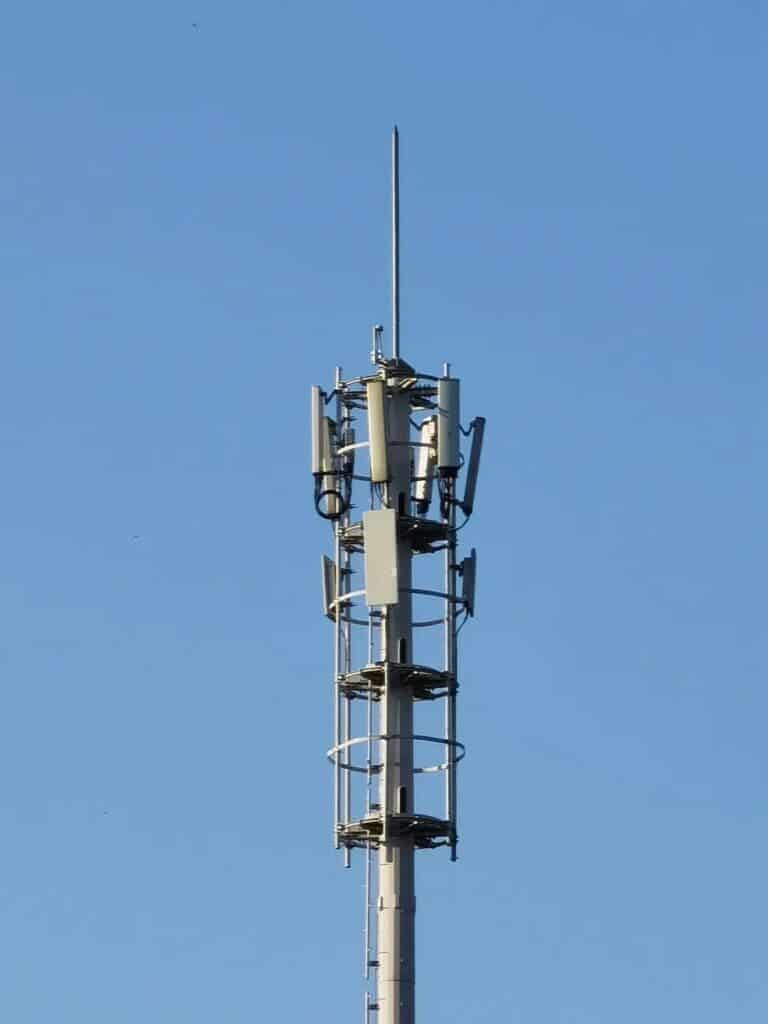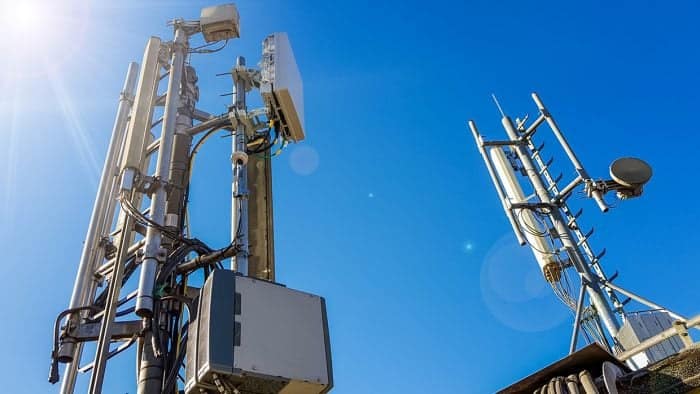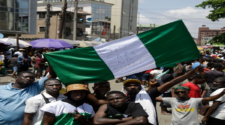Nigeria, the most populous black nation in the world is a fast-growing market in terms of technology. With over 200 million people, this country obviously has one of the largest economies in Africa. Over the past few years, Nigeria has made significant advances in activating a national 5G digital economy. After the commercialization of 4G in 2009, Nigeria did not have a 4G network until 2014. This is five years after the commercialization of the 4G network. For 5G, the country will not take so long. Three years after the commercialization of 5G, Nigeria is now ready to commence the 5G network.

Regarding Nigeria’s success in creating a 5G digital economy, Nigerian Communications Commission (NCC) executives are very positive. At the 2022 Nigeria DigitalSENSE Forum in Lagos, Prof. Umar Garba Danbatta, the CEO/EVC of NCC had a keynote address on ‘5G: Enthroning Internet Governance for Digital Economy’. Abraham Oshadami, the Deputy Director and Head of Spectrum Database Management at NCC represented the CEO/EVC. In a bid to reveal Nigeria’s success so far, the CEO outlines no less than 11 points of success.
He claims that Nigeria has been putting things in place to achieve the 5G digital economy. Some of the points are creating a full-fledged department of Digital Economy in NCC. This department has a couple of responsibilities including
- Ensuring that the programmes and targets set in the NNBP 2020-2025 and NDEPS 2020–2030 are rigorously pursued, tracked, and attained
- INFRACO companies have licenses to deploy fibre on an open-access basis in six geo-political zones of the country and Lagos State
- Approval to commence rollout was given in April 2021.
In addition, he said, “NCC had successfully licensed two lots of 100 MHz bandwidth in the 3.5 GHz Spectrum band for 5G deployment in December 2021. We also expanded the Internet Exchange Point capacity of 930 MB/s for Abuja to Lagos Route, 620 MB/s for the Abuja to Kano Route, 310 MB/s for the Lagos to Port Harcourt route, bolstering landed total offshore broadband capacity of 50.74 TB comprising 40TB Submarine and 10.74 TB of Satellite and the figures are already set for increase”.
Furthermore, the NCC claims that it has been doing a proper follow-up on the global trends with 5G. The commission said, “we are working with 26 GHz, 38 GHz and 42 GHz bands harmonized in World Radio Conference 2019 (WRC-19), and has updated the National Frequency Allocation Table (NFAT) to reflect the outcome of the WRC-19 through opening up the 60 GHz V-band; Opened up the 70/80GHz E-band for both point-to-point and point-to-multi-points deployments; and developed and published the Spectrum Trading Guidelines amongst other benefits”.
5G digital economy – to also upgrade older communication networks
The NCC claims that there are genuine efforts to upgrade previous technologies such as 2G, 3G and 4G. Some of these guidelines are also towards the smooth update of these older communication technologies. At the moment, the commission is ensuring that the adoption and deployment of 5G infrastructure in Nigeria is smooth.
Nigeria is preparing for the general elections in 2023. Thus, upgrading the 5G digital technology is very necessary. The Director-General (DG), National Broadcasting Commission (NBC), Mallam Balarabe Musa claims that the application of the digital economy worldwide is increasing. He also claims that it will improve the credibility of electronic transmission of election results across Africa.





